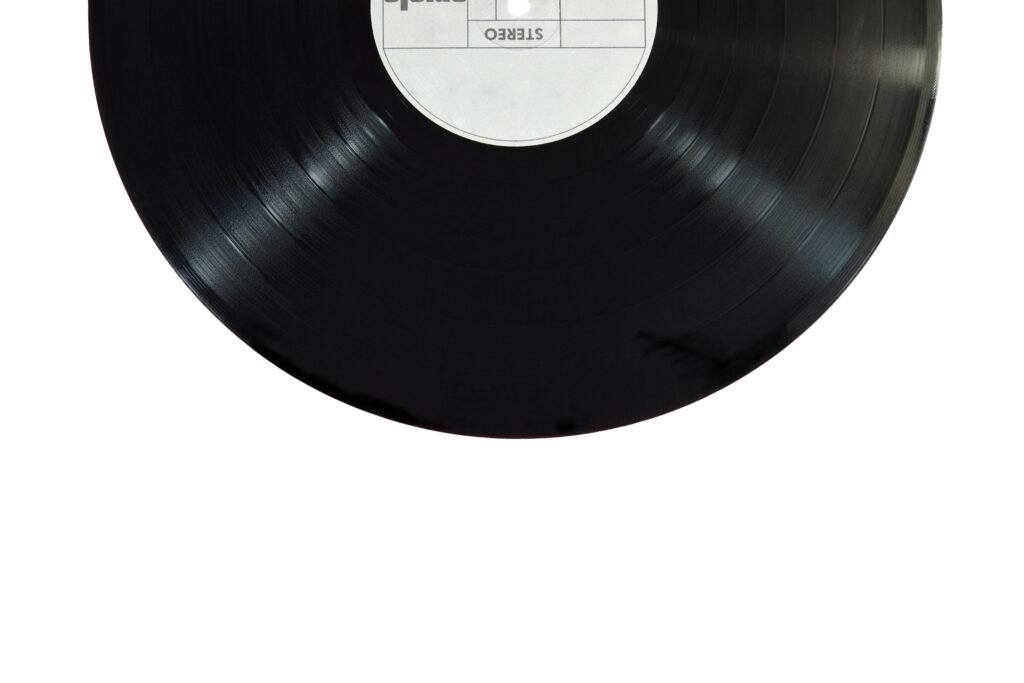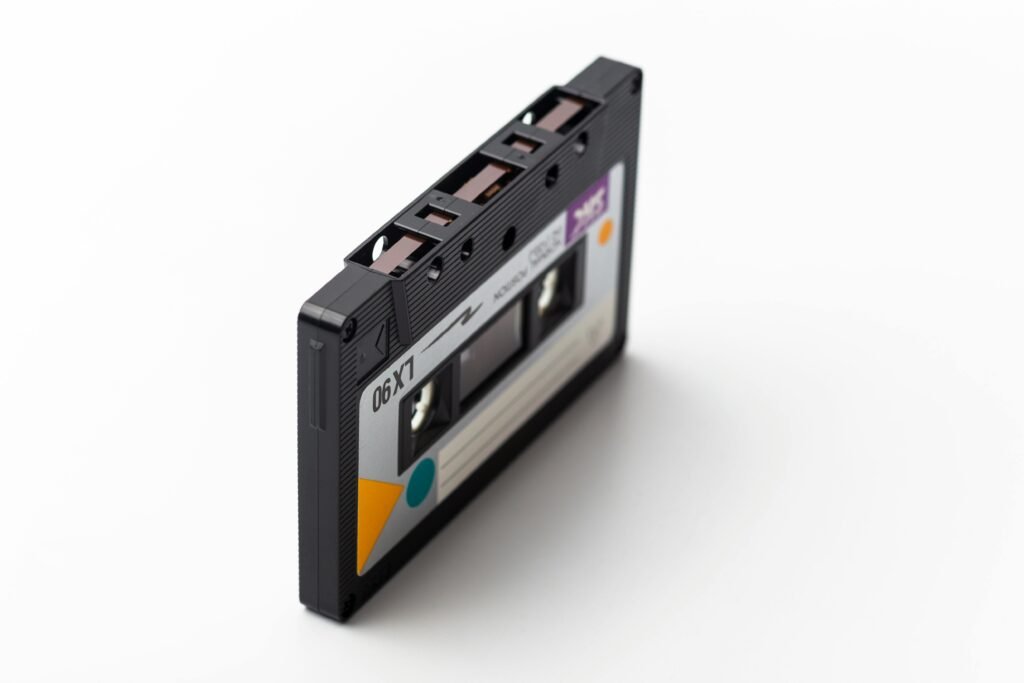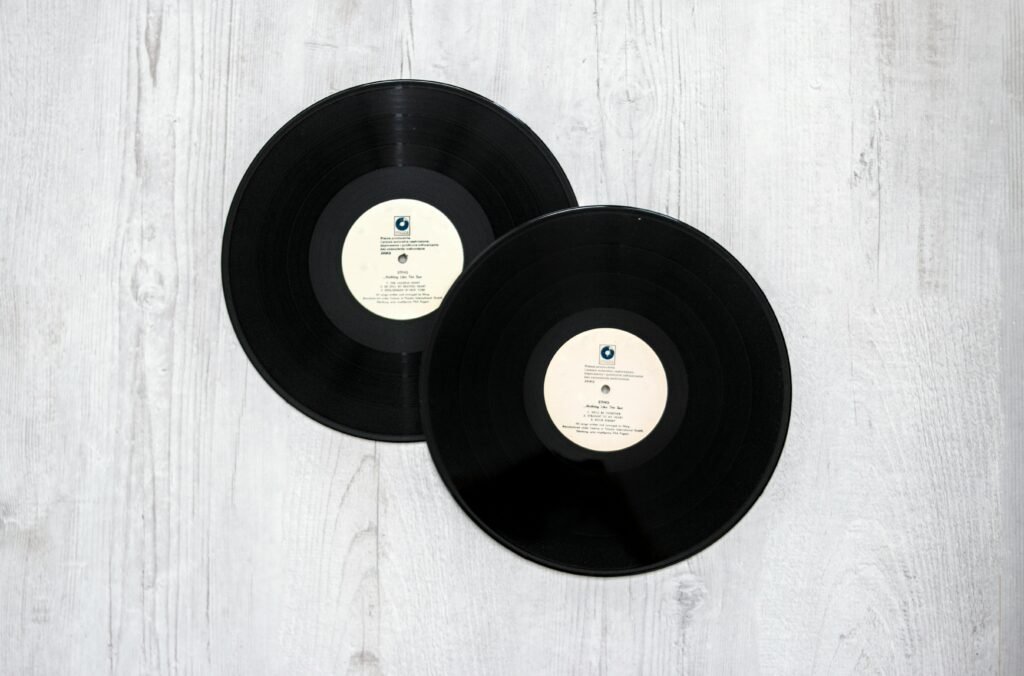As a professional composer deeply involved in the music industry, it’s crucial to have a comprehensive understanding of copyright and licensing. These legal concepts form the foundation of how music creators protect their work, earn revenue, and collaborate with others. In this article, we’ll explore the intricacies of copyright and licensing in the music industry, providing essential information for composers and producers to navigate this complex landscape.

Copyright Basics
Copyright is a legal right that grants exclusive ownership and control over original creative works. In the context of music, copyright protects compositions (melodies, lyrics, and chord progressions) and sound recordings (audio recordings of musical performances). The moment a musical work is created and fixed in a tangible form (written down or recorded), it is automatically protected by copyright law, regardless of whether it is registered with a copyright office.
Key Elements of Copyright:
1. Ownership: The creator of a musical work is typically the initial owner of the copyright. In cases of collaboration or works created under employment, ownership may be shared or transferred according to contractual agreements.
2. Exclusive Rights: Copyright grants the owner exclusive rights to reproduce, distribute, perform, and display the copyrighted work. This means that others cannot use the work without permission, except under specific circumstances allowed by law (such as fair use).
3. Duration: Copyright protection for musical compositions generally lasts for the life of the creator plus 70 years. For sound recordings, copyright duration varies depending on the country and the date of creation or publication.
4. Registration: While copyright protection exists automatically upon creation, registering works with a copyright office provides additional benefits, such as the ability to sue for statutory damages and attorney’s fees in cases of infringement.

Licensing Music
Licensing is the process by which copyright owners grant permission for others to use their music in exchange for compensation. Music licensing is essential for composers and producers to monetize their work and allow it to be used in various contexts, such as film, television, advertising, streaming platforms, and live performances. There are several types of licenses commonly used in the music industry:
1. Mechanical License: This license grants permission to reproduce and distribute copyrighted musical compositions (e.g., for recording and releasing cover songs). Mechanical licenses are typically obtained through music publishers or mechanical rights organizations.
2. Synchronization License (Sync License): A sync license allows the use of music in synchronization with visual media, such as film, television, commercials, video games, and online videos. Sync licenses are negotiated directly with copyright owners or through music licensing agencies.
3. Performance License: Performance licenses are required for public performances of copyrighted music, including live concerts, radio broadcasts, streaming services, and background music in businesses. Performance rights organizations (PROs) such as ASCAP, BMI, and SESAC collect royalties on behalf of composers and publishers and grant licenses to users.
4. Master Use License: This license grants permission to use a specific sound recording in another audio or audiovisual work. Master use licenses are negotiated with the owner of the sound recording rights, which may be the recording artist, record label, or distributor.
5. Sampling License: Sampling licenses are required when using portions of pre-existing sound recordings in new compositions. Clearance for samples must be obtained from both the owner of the underlying musical composition (usually the publisher) and the owner of the sound recording rights.
Understanding Royalties
Royalties are payments made to copyright owners and creators for the use of their music. There are different types of royalties generated from various uses of music, including:
1. Mechanical Royalties: Paid to composers and publishers for the reproduction and distribution of musical compositions (e.g., CD sales, digital downloads, and streaming).
2. Performance Royalties: Paid to composers and publishers for public performances of musical compositions (e.g., radio airplay, live concerts, and streaming).
3. Sync Licensing Fees: Paid to composers and publishers for the synchronization of music with visual media (e.g., film, television, commercials, and video games).
4. Master Use Royalties: Paid to recording artists, record labels, and distributors for the use of sound recordings in other works.
5. Streaming Royalties: Paid to composers, publishers, recording artists, and record labels for the streaming of music on digital platforms such as Spotify, Apple Music, and YouTube.

Protecting Your Rights
To protect your rights as a composer or producer, consider the following steps:
1. Register Your Works: Register your musical compositions and sound recordings with the appropriate copyright office or PRO to establish a public record of ownership and facilitate enforcement of your rights.
2. Use Contracts: Whenever collaborating with others or licensing your music, use written contracts outlining the terms and conditions of the agreement, including ownership, royalties, and usage rights.
3. Monitor and Enforce: Stay vigilant against unauthorized use or infringement of your music. Monitor usage on various platforms and take action against infringing parties through cease-and-desist letters, takedown notices, or legal action if necessary.
4. Join a PRO: Join a performance rights organization such as ASCAP, BMI, or SESAC to collect performance royalties and ensure you are compensated for public performances of your music.
5. Educate Yourself: Continuously educate yourself on copyright law, licensing practices, and industry standards to make informed decisions and protect your interests as a music creator.
Conclusion
In conclusion, copyright and licensing are fundamental aspects of the music industry that composers and producers must understand to protect their rights, earn revenue, and thrive in their careers. By grasping the basics of copyright law, navigating the intricacies of music licensing, and leveraging royalties effectively, composers and producers can maximize the value of their music and ensure fair compensation for their creative work. As the music industry continues to evolve in the digital age, staying informed and proactive in managing copyright and licensing issues is essential for success and sustainability as a music creator.